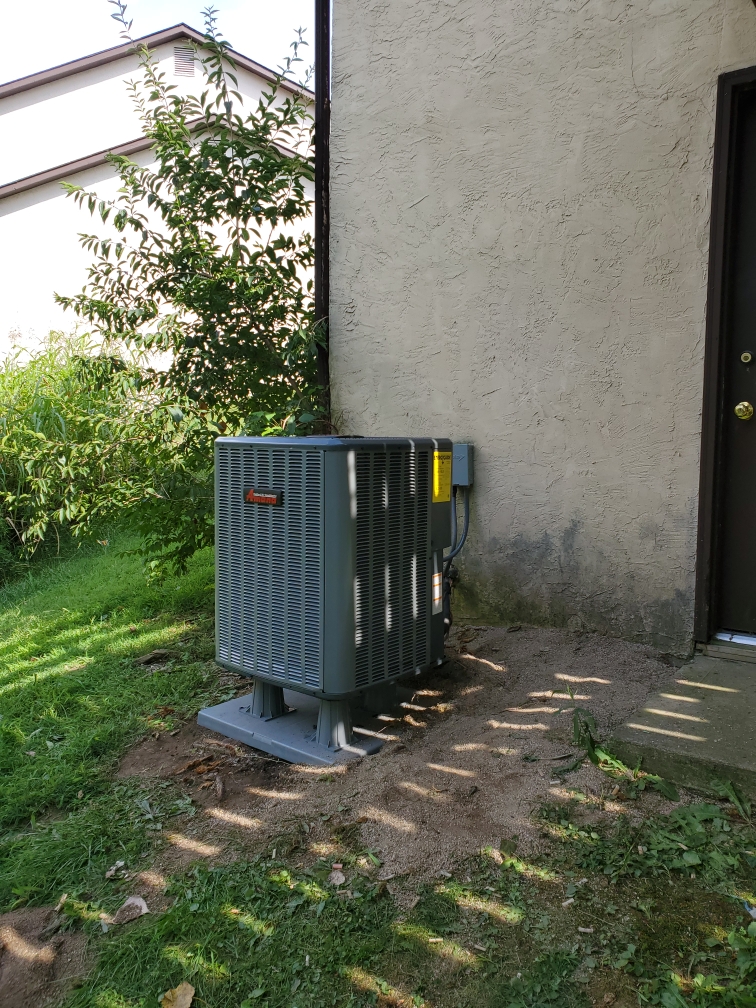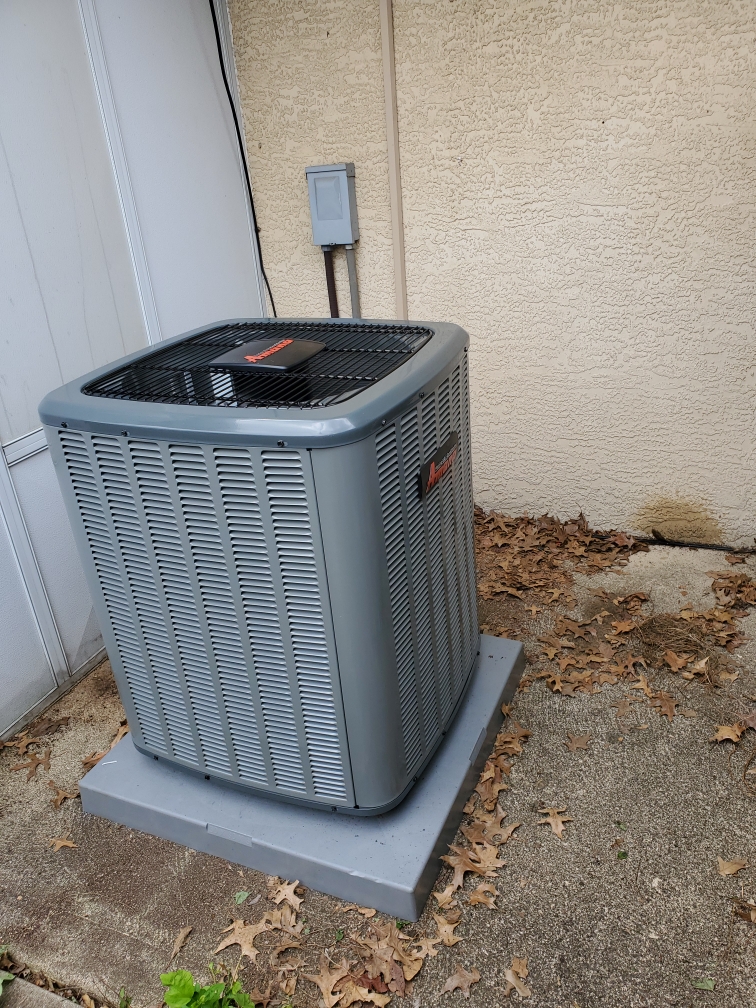As spring approaches, allergy symptoms are beginning to increase. Since you’re likely already starting some spring cleaning, this is the ideal time of year to ensure your HVAC system is working properly as well. This will help to prevent harmful, irritating allergens from circulating through your home.
If you’re not sure where to start with checking your HVAC unit, here are 6 steps you can follow to improve your system’s efficiency for alleviating allergies.
1. Replace your filters
Checking and replacing your filters on a regular basis helps keep allergens out. Contaminants in your home that can cause health problems, especially allergies and asthma, get trapped in your filter. If not changed regularly, those contaminants, like mold, pollen, fur, dust, and bacteria can continue to circulate through your system.
Ensuring that your filters are changed regularly is essential for keeping your home’s air clean and breathable. Filters should be checked every 30 days, and changed every 1-3 months, depending on your system and usage. Filtration efficiency is measured by a minimum efficiency reporting value (MERV) rating, which determines the particle size that the filter can trap. The higher the MERV rating, the smaller particle size that can be filtered out. In general, a higher MERV rating is better for people with allergies.
2. Clean vents
The vents in your house are where dust and allergens tend to accumulate. If not cleaned regularly, these irritating particles will continue to be present in your home, causing a slew of allergy symptoms.
To clean, remove the screws from the vents and wash with a damp washcloth and mild soap. Let vents air dry completely before replacing. Once clean, the number of allergens blowing through your home will significantly decrease.
3. Clean around outdoor units
Your home’s outdoor units also need regular cleaning. Outside debris like leaves, twigs, and dirt can clog your equipment or filter into your home. Debris clogging can also lead to issues or even complete breakdowns in your equipment.
If you haven’t cleared the area all winter, spring is a great time to conduct a thorough cleaning. Keep an open space of a few feet between your unit and grass, trees, and shrubs to decrease the amount of rubble. This will not only help prevent allergens from entering your home but will also extend the lifetime of your unit.
4. Use an air purifier
Air purifiers can reduce the number of allergens lingering in the air in your home. They neutralize the most common irritants including mold, dust, pollen, and pet dander, helping you to breathe cleaner, fresher air.
Especially if your air filters haven’t been replaced in some time, an air purification system can make a dramatic improvement to your home’s air. By boosting the overall indoor air quality of your home, air purifiers help battle allergies and keep your family healthy.
5. Dust, vacuum, and clean consistently
Cleaning your home regularly, including dusting, sweeping, vacuuming, and mopping helps to eliminate allergens. Your HVAC system traps as much as it can, but any dust or debris not caught by the filters is left to infiltrate your home.
A regular cleaning routine is essential to keeping irritants out of your house and preventing your HVAC filters from frequent clogging. This will help to eliminate not only allergens but other harmful bacteria and viruses that lead to illness.
6. Schedule maintenance
It’s important to schedule regular maintenance for your HVAC system to ensure it is properly filtering allergens from your home. Experts will check your equipment to make sure it is working efficiently and make adjustments and improvements when needed.
This can prevent serious damage or a complete breakdown in the future, extending the life of your current system. HVAC professionals can also guide you to the right type of filter or equipment that can most effectively improve your indoor air quality.
Whether you’re in need of a thorough maintenance check or advice on MERV ratings, reach out to us at Expert HVAC Services. We can provide you with the best solutions to help alleviate allergens in your home this spring and beyond.



